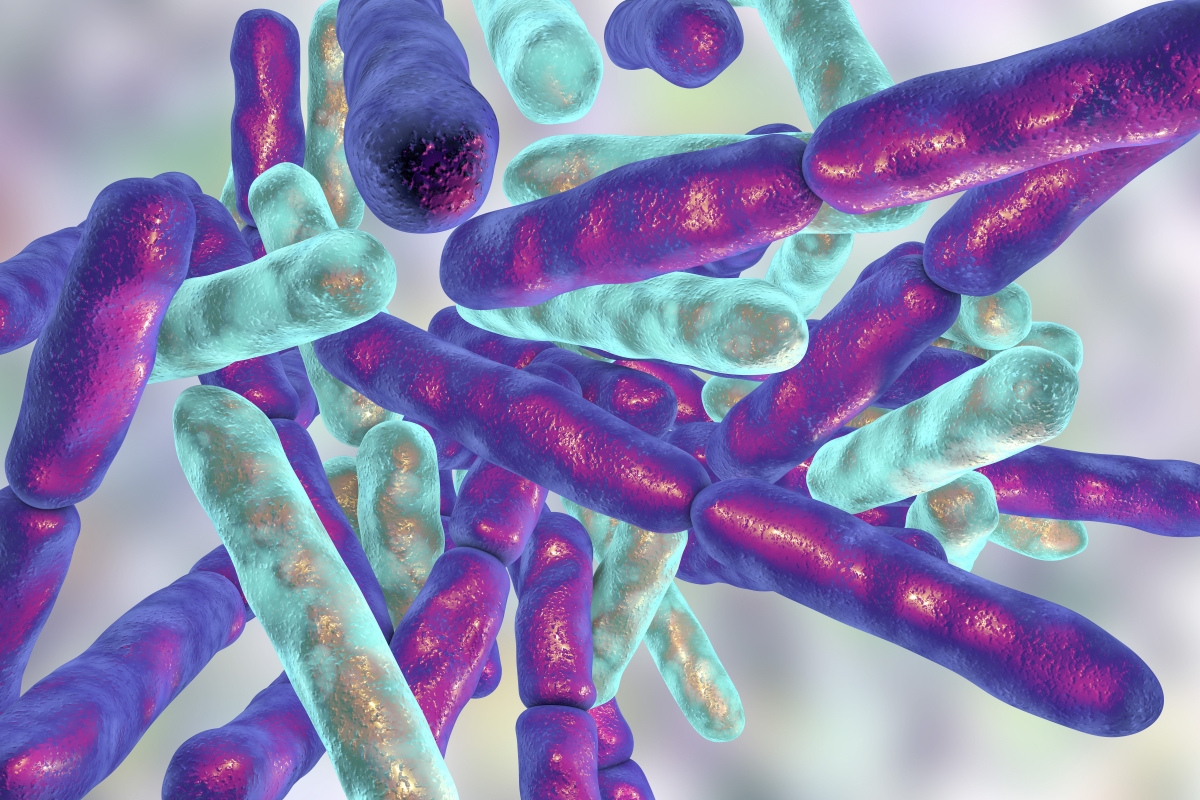Effects of prebiotic galacto-oligosaccharide on postoperative cognitive dysfunction and neuroinflammation through targeting of the gut-brain axis


The CNP Probiotics, Prebiotics and Mental Health Research Category consolidates research exploring the effects of probiotics, prebiotics, psychobiotics, and synbiotics on mental health. To view each original study on the open internet, click “Original.” To view the CNP-written abstract summary, click “CNP Summary.” While only some CNP-written abstract summaries are available below for free, all are available to CNP members through the CNP Library Membership.

Growing older is associated with alterations in the gut microbiota and a reduction in mental capacity. Psychobiotics are microbiota-targeted treatments that can improve mental health and slow down the brain's aging process. In comparison to people who are neurologically healthy, Aljumaah et al. (2022) examined the gut microbiome composition and predicted microbial functional pathways of middle-aged and older adults who met the criteria for mild cognitive impairment (MCI), in addition to conducting a placebo-controlled, double-blind, randomized clinical trial to examine the effects of probiotic Lactobacillus rhamnosus GG (LGG). A total of 169 middle-aged (52–59 years) and older (60–75 years) community-dwelling adults were randomly assigned to probiotic and placebo groups for a three-month intervention. Samples were taken at baseline and after supplementation. Based on their cognitive condition, participants were subsequently separated into intact or impaired cognition groups. Prevotella ruminicola, Bacteroides thetaiotaomicron, and Bacteroides xylanisolvens were found to be taxa linked with MCI by microbiome study. Prevotella was found to be substantially more common in MCI participants than in cognitively intact subjects, according to differential abundance analysis at baseline. An increase in the MCI group's cognitive score was associated with a relative abundance decline of the genera Prevotella and Dehalobacterium in response to LGG administration. According to these results, the authors comment that some gut microbiota members are associated with middle-aged and older persons' cognitive function. Upon further confirmation, these taxa may be utilized as important early markers of MCI and may be stimulated by prebiotics, probiotics, and symbiotics to facilitate favorable brain aging outcomes.
Effects of prebiotic galacto-oligosaccharide on postoperative cognitive dysfunction and neuroinflammation through targeting of the gut-brain axis
Targeting the microbiota-gut-brain axis: Prebiotics have anxiolytic and antidepressant-like effects and reverse the impact of chronic stress in mice
CNP Research Summary can be found in the CNP Library Membership
Anxiolytic effects of a galacto-oligosaccharides prebiotic in healthy females (18–25 years) with corresponding changes in gut bacterial composition
Nutrient intake and gut microbial genera changes after a 4-week placebo controlled galacto-oligosaccharides intervention in young females
CNP Research Summary can be found in the CNP Library Membership
Effect of psychobiotics on psychometric tests and inflammatory markers in Major Depressive Disorder: Meta-analysis of randomized controlled trials with meta-regression
Effects of probiotic NVP-1704 on mental health and sleep in healthy adults: An 8-week randomized, double-blind, placebo-controlled trial
CNP Research Summary can be found in the CNP Library Membership
Oral administration of S-Adenosylmethionine (SAMe) and Lactobacillus Plantarum HEAL9 improves the mild-to-moderate symptoms of depression: A randomized, double-blind, placebo-controlled study
Probiotics: A potential immunotherapeutic approach for the treatment of schizophrenia
CNP Research Summary can be found in the CNP Library Membership
Adjunctive probiotic microorganisms to prevent rehospitalization in patients with acute mania: A randomized controlled trial